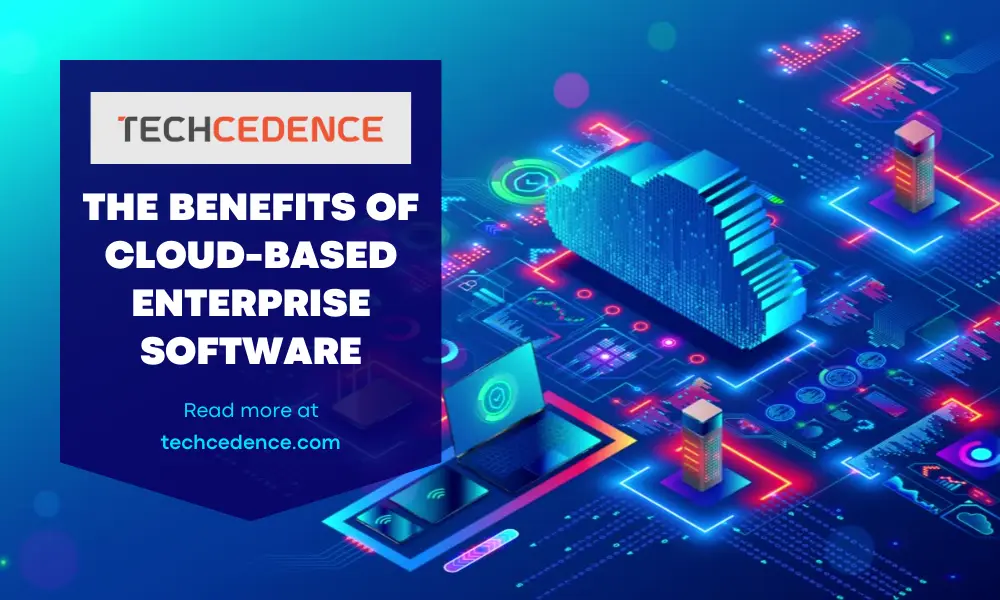
Categories : Technology
Author : Date : Oct 19, 2023
Companies that are successful almost always run on the same kind of engine called the cloud ERP. This software powers super agility and digital transformation, offering a wide-ranging benefit to the modern businesses.
The user-friendly technologies and automation of a modern ERP reduces tedious manual work, increases productivity, and improves employee experiences. Not just this but the benefits of ERP are many and vary from business to business.
Many businesses move to cloud ERP software in order to:
Cloud ERP improves and speeds up not only finance and accounting practices, but also the operations across the company that can even extend beyond to business partners and networks.
With a subscription service, there’s no purchase cost for hardware or ERP software and the ongoing IT and related staff costs are lower as the upgrade and maintenance expenses are handled by the provider. Cost savings can be very significant especially with a public cloud ERP deployment.
With a modern cloud ERP, companies can:
Cloud ERP vendors deliver new functionality and application improvements to all companies that use their software through continuous upgrades and several new larger releases per year. Since updates are delivered to everyone at once, you can never miss an opportunity while waiting for a vendor to update your custom ERP system. If customers identify similar requirements, they even can push the ERP vendor for changes and the overall pace of innovation is more responsive and faster.
Modern cloud ERP systems have been architected to unlock big data so that you can access information hidden within large and complex data sets. While legacy ERP systems provide reporting tools, they do not offer the integrated or real-time analytics available through the cloud. The ability to see trends, predict changes, and automate processes improves resource usage enhancing customer service.
Businesses must provide information access to employees, subcontractors, vendors, and customers anywhere and anytime which requires a secure mobile device support. The mobile capabilities are built into SaaS ERP products rather than added on and modern user interfaces with a responsive design to fit mobile screens are key for the users.
Intelligent technologies are being built into modern SaaS ERP solutions to improve productivity. These technologies include :
This allows devices such as machines or sensors to feed data back to applications through the cloud for up-to-date status informations.
Cloud systems ERP security, data backups, and disaster recovery are handled by full-time professional security experts. Cloud vendors have the best data security available as cloud ERP systems are more complete, connected, and collaborative and they avoid vulnerability at points of integration reducing risks associated with a multi-vendor landscape.
The ramp-up for a cloud ERP system is much quicker than on-premise deployment, as the SaaS supplier handles hardware and software installations, providing dedicated staff with data centre management expertise. Like consumer mobile apps, cloud ERP business applications can be configured easily as well as the intuitive user interface makes learning to use the app fast and easy and speeds time to productivity, allowing businesses to seize opportunity.
As growth can be hard to forecast, scalability is important and with a SaaS ERP solution, you can simply add additional computing power or data storage capacity when you experience rapid growth, rather than incurring a large capital expense.
For many organisations, the advantages of ERP systems run very deep. Cloud ERP systems can equip the an organization, not just the finance functions but also with the modern tools and technologies they need to move the company forward and scale operations to keep up with the relentless pace of change. Thats why, choosing a good software development company can go a long way when it comes to ERP.